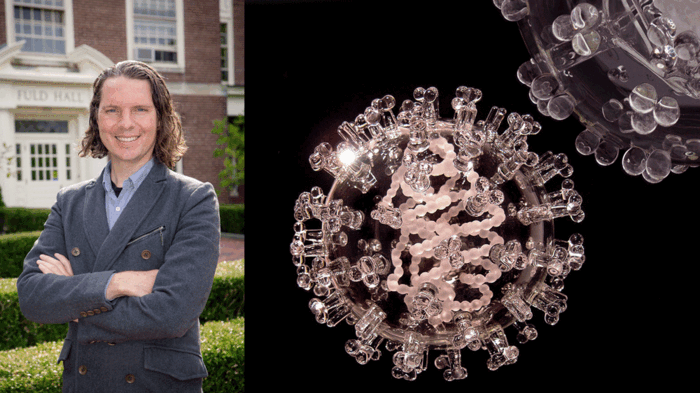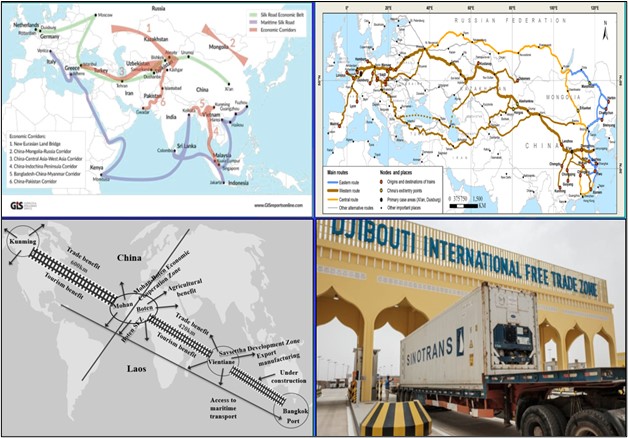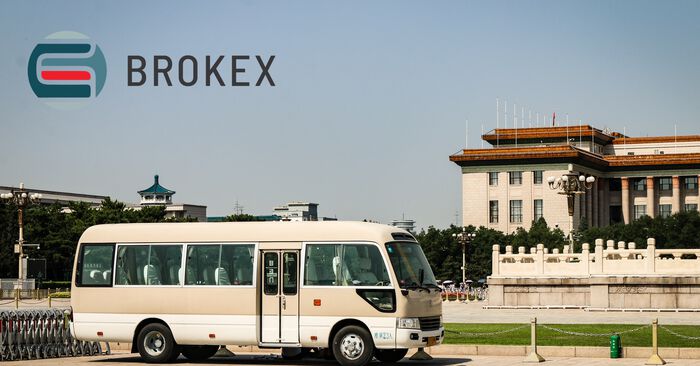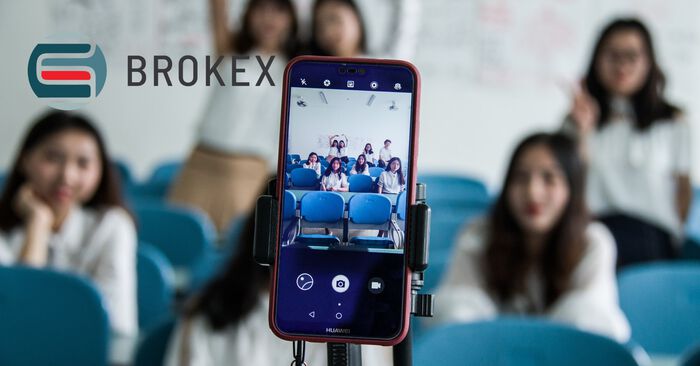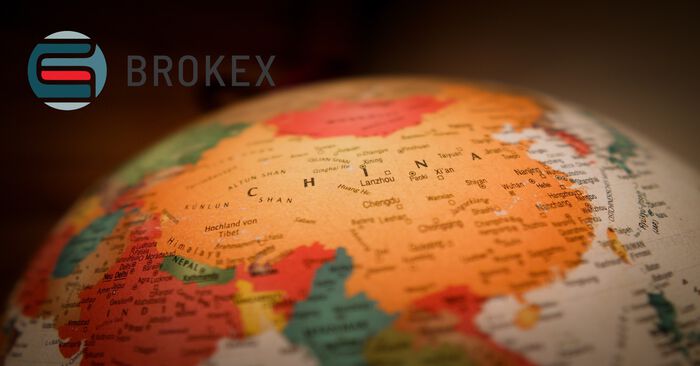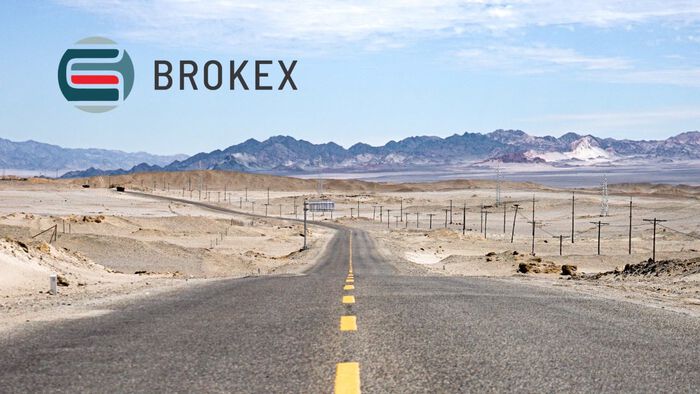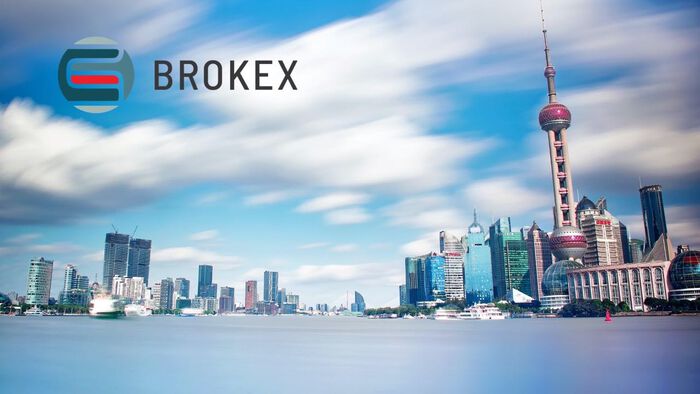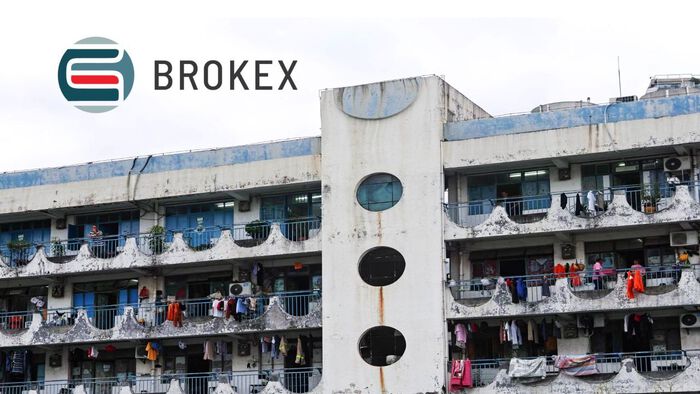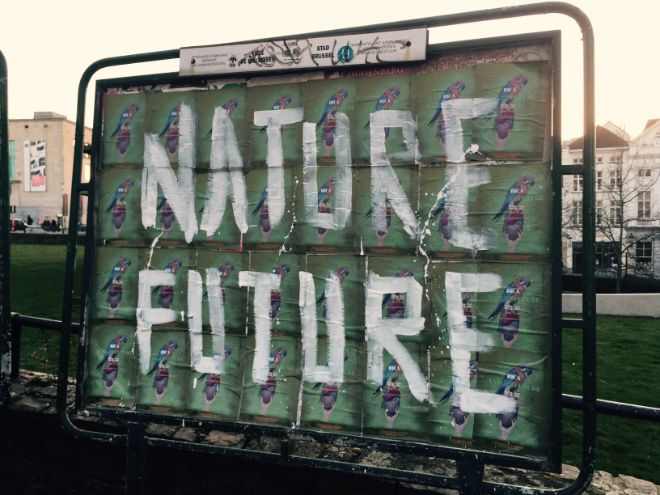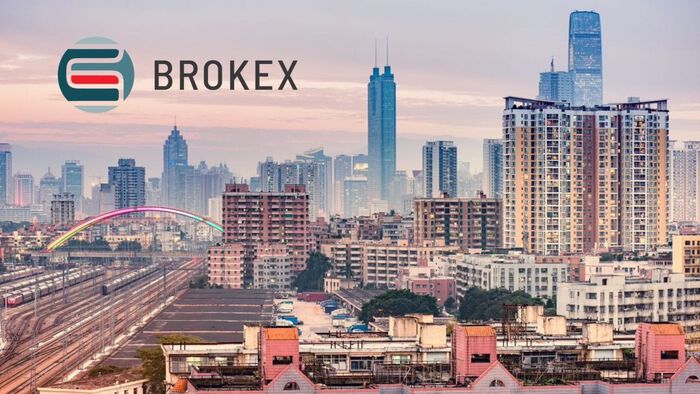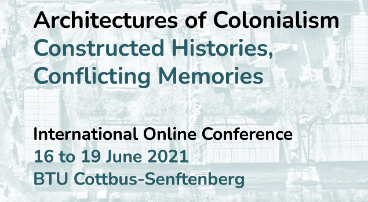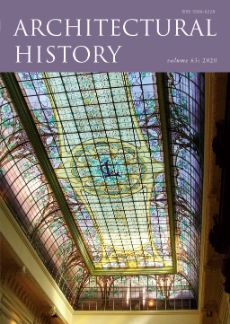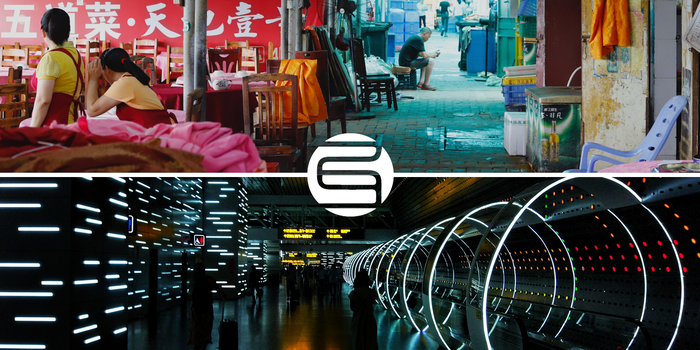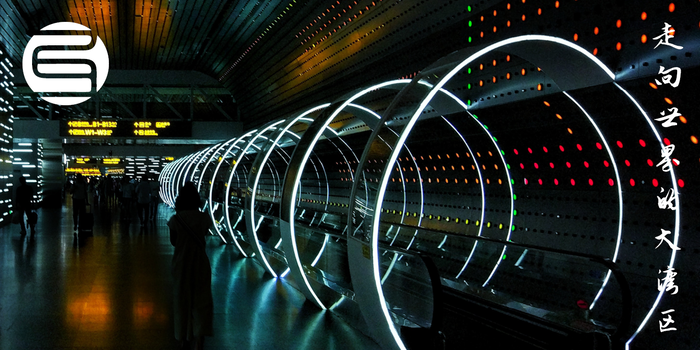Guest lectures and seminars - Page 4
In this talk, professor of design history Dr. Kjetil Fallan, explores design interventions at, and in the wake of, the United Nations Conference on the Human Environment in Stockholm 1972. What can design activism tell us about the conference's influence on future political decision-making? Or about the development of environmental thinking and ecologically informed design ideology in Scandinavia?
In this talk, Professor of Anthropology, Dr. Lesley Green, will draw on current Anthropocene scholarship in the environmental humanities and social sciences to suggest four approaches to strengthening trans-disciplinarity engagement between social and natural sciences.
How has our understandings of relations between soil, plants, and fungi have changed over time? In this lecture, professor of anthropology Dr. Michael J. Hathaway will explore the role of fungal mycelium in engaging the soil matrix.
The environment is having a massive impact on music, changing what music is and how it comes to be, not just what it is about or how it sounds. In this lecture, Dr. Kyle Devine, professor of musicology at UiO, presents the nuances in this Great Recomposition, and the importance of overriding our defaults.
In this lecture, the Medical Humanities and the Environmental Humanities meet. Associate Professor Eben Kirksey from the Alfred Deakin Institute at Deakin University, Australia, will introduce us to the "virosphere".
Are you writing your MA or Ph.D. thesis on Chinese cities, global urban studies, infrastructure, Special economic zone, urbanism, or the Belt and Road initiative?
The Chinese political system includes several million full-time professional staff often referred to as 'cadres'. Who are these local administrators, and how important are they for the Chinese Communist Party's developmental policies? How will it influence an individual to become a CCP cadre? In this seminar, we will examine cadres' roles from the perspective of two case studies, one focusing on environmental policies and the other with a focus on gender.
How important is gender for young people in contemporary China? What challenges and aspirations are central to young Chinese women? This seminar will focus on how young women from China negotiate different expectations and identities both inside and outside their homeland.
China’s main foreign policy initiatives are not directed at the West but prioritise south-south relations. In this seminar, we will learn more about China’s orientation towards developing countries and the meaning of the concept of a ‘more democratic world order’ for the Chinese Communist Party.
The Belt and Road Initiative (BRI) is one of China’s most discussed foreign policy initiatives. What is the BRI? How does it influence other countries? In this webinar, Freymann will give a presentation of his book and answer questions from the audience, in discussion with Özge Söylemez.
China’s rise to superpower status is the most important geopolitical change of our time. On November 3rd we are excited to host two international experts on this topic, Elizabeth Economy and Shaun Breslin, in discussion with China correspondent for the New York Times, Amy Qin.
‘Common prosperity’ is an important goal for the future development of the Chinese economy. This is a response to several decades of increasing inequality during the reform era. Which groups of the Chinese population have so far missed out on the advantages of rapid economic growth? What is their situation?
We have the pleasure of inviting you to a digital talk with Rodney Harrison, Professor of Heritage Studies at UCL, on Wednesday September 8th.
China’s economic reforms have caused rapid growth for a period of forty years. The Chinese Communist Party’s gradualist approach to reform was not inevitable. What were the alternative routes and why were they abandoned? What new obstacles for further Chinese economic development may change its future course?
China both sends and hosts high numbers of international students. Is education a means to become cosmopolitan? How is China's place in the global educational landscape changing after Covid?
The growth of the Greater Bay Area in South China is still heavily reliant on the access to cheap labor. This seminar examines the role of labor brokers in shaping rural-urban labor migration in China.
China’s global economic and political power has expanded. How will China use its new position to change the world? How does the country’s rise change its self-perception?
Shenzhen was declared China’s first special economic zone 40 years ago. Which path does the city take? What is its role as a development model today?
Friday seminar with Associate Professor Þóra Pétursdóttir, IAKH, UiO
.jpg?alt=listing)
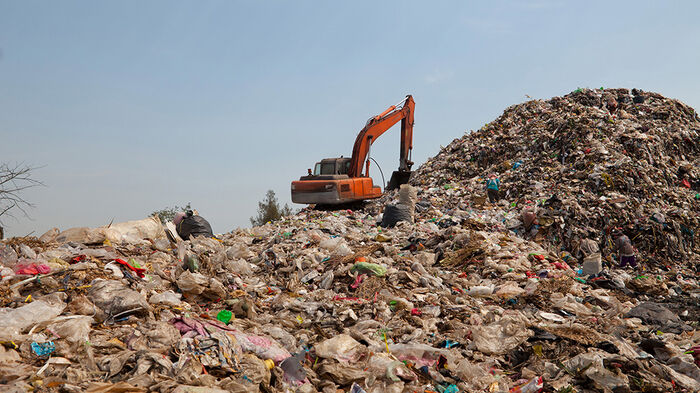
_mycelium_in_petri_dish_on_coffee_grounds-copy.jpg?alt=listing)

